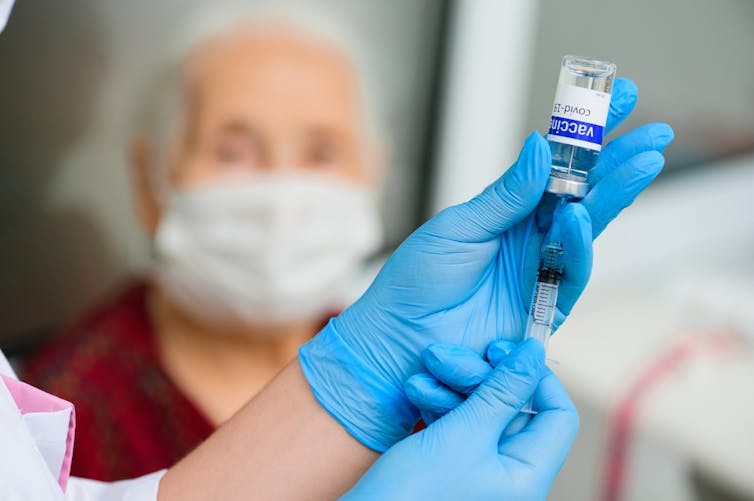Written by Julian Savulescu and Julian Koplin
This article was first published on Pursuit. Read the original article.
The 1968 classic Planet of the Apes tells the story of the Earth after a nuclear war destroys human civilisation. When three astronauts return to our planet after a long space voyage, they discover that humans have lost the power of verbal communication and live much like apes currently do.
Meanwhile, non-human primates have evolved speech and other human-like abilities, and are now running the earth with little regard for human life.
The astronaut George Taylor, played by Charlton Heston, is rendered temporarily mute when he is shot in the throat and captured. In one scene he is brought before the Apes, as he appears more intelligent than other humans.
He regains the power of speech, and his first words are: “Take your stinking paws off me, you damned dirty ape.”
Planet of the Apes may be fiction, but this month the world’s first human-monkey lifeforms were created by Juan Carlos Belmonte at the Salk Institute for Biological Studies in the US, using private funding. Professor Belmonte and his group injected stem cells from the skin of a human foetus into a monkey embryo.
This part-human lifeform is called a chimera.
If implanted into a monkey uterus, the chimera could theoretically develop into a live-born animal that has cells from both a monkey and a human.
While it has been possible to make chimeras for more than 20 years using a different technique that involves fusing the embryos of two animals together, this technique has not been used in humans. It has been used to create novel animals like the geep – a fusion of a sheep and goat embryo.
Professor Belmonte used a different technique– called “blastocyst complementation” – which is more refined. It enables greater control over the number of human cells in the chimera.
But why is this research being done?
Read More »Cross-Post: The Moral Status of Human-Monkey Chimeras





